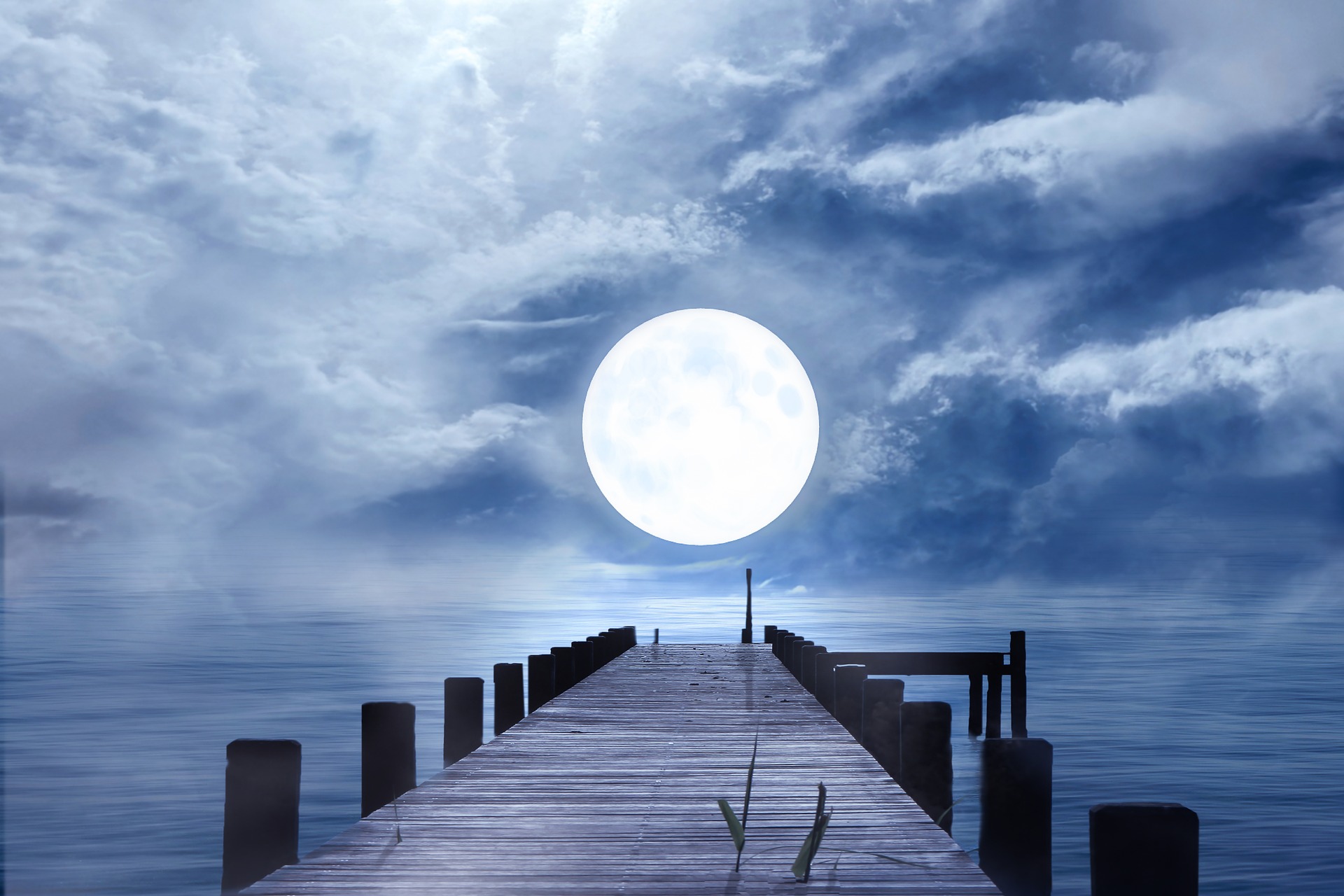n the midst of a pandemic, sleep has never been more crucial-- or more elusive. Studies have revealed that a complete night's sleep is among the very best defenses in safeguarding your immune system. But since the spread of COVID-19 began, individuals all over the world are going to sleep later on and sleeping even worse; tales of frightening and vibrant dreams have flooded social media. To fight insomnia, individuals are turning to all sorts of methods, including anti-insomnia medication, aromatherapies, electronic curfews, sleep coaches and meditation. But another not likely sedative has actually likewise seen a spike in usage around bedtime: music. While sleep music used to be confined to the fringes of culture-- whether at progressive all-night performances or New Age meditation sessions-- the field has actually crept into the mainstream over the past decade. Ambient artists are collaborating with music therapists; apps are producing hours of brand-new material; sleep streams have surged in popularity on YouTube and Spotify.
And given that the effects of the coronavirus have upped the stress and anxiety of life, artists' streams and wellness app downloads have skyrocketed, forming bedtime practices that could prove lasting. At the same time, researchers are diving much deeper: in September 2019, the National Institute of Health awarded $20 million to research projects around music treatment and neuroscience. As the field broadens, professionals picture a world in which scientifically-designed albums could be just as effective and frequently utilized as sleeping tablets. Sleep and music have been intertwined for centuries: a production misconception of Bach's Goldberg Variations involves a sleepless Count.

More recently, a Western fascination with sleep music reemerged in the '60s, when speculative minimalist authors like John Cage, Terry Riley and members of the Fluxus collective began staging all-night performances. Riley was motivated by Eastern mysticism and all-night Indian classical music events, and intended to provoke instead of soothe: "It seemed like an excellent alternative to the common show scene," he said in a 1995 interview.
Among the acolytes of this scene was Robert Rich, who, as a Stanford trainee in 1982, staged his first "sleep concert" to about 15 dozers. His audience settled into their sleeping bags in a dormitory lounge while Abundant produced drones with a tape echo, a digital delay and a spring reverb for 9 hours. "I was interested by the concept of using music for trance-inducing purposes," he tells TIME. "The intent was not to make music to sleep more deeply, however to enhance the edges of sleep and explore one's consciousness." William Basinski similarly approached sleep music through the lens of minimalist experimentation. At the time, Basinski was toying with generative music and feedback loops-- music that unfolded slowly over hours. At first, there was little interest in his work beyond his Brooklyn bubble. "I would have liked if people got more what I was doing-- but it took quite a while," he says. "However it enabled me to fall in and out of time-- to get some peace, vision."
While Rich, Basinski and others pushed the bounds of convention, others got in the sleep music space for more practical factors. The electronic musician Tom Middleton had created lulling ambient music as a member of Global Communication and and other bands in the '90s, but had never seriously considered the connection in between sleep and music up until he developed sleeping disorders after years of exploring the globe and partying all night. "My sleep was quite ruined, and it was impacting all parts of my life," Great post to read he stated. "I wished to train as a sleep science coach to understand it much better and to see if I might hack my own sleep. When Middleton studied sleep science and began dealing with neuroscientists, he discovered that the benefits of music on sleep weren't simply spiritual, however based on empirical proof. Research studies have discovered that unwinding music can have a direct effect on the parasympathetic nerve system, which assists the body relax and get ready for sleep. One trial in a Taiwan healthcare facility found that older grownups who listened to 45 minutes of unwinding music before bedtime went to sleep quicker, slept longer, and were less prone to awakening during the night.

Barbara Else, a senior adviser with the American Music Treatment Association, has dealt with victims of a number of disaster scenarios, including Hurricane Katrina, and seen how music can play an important role in stopping racing ideas and establishing sleep regimens. "We aren't medicine or a cure, however we help advance towards a better sleep quality for individuals in pain or stress and anxiety," she says. "We can see respiration rate and pulse settle. We can see blood pressure lower."